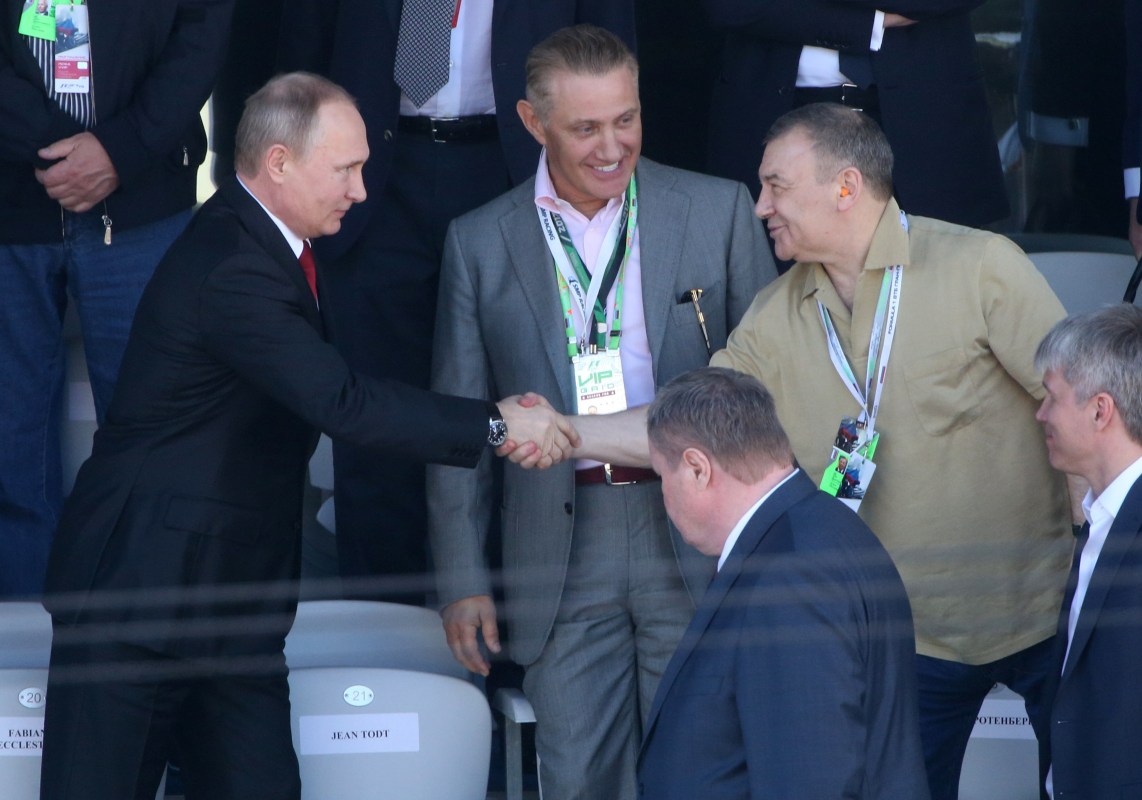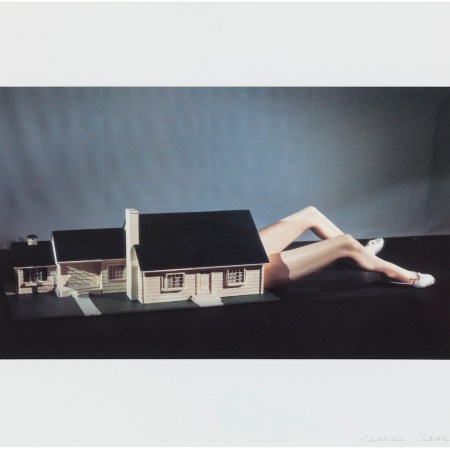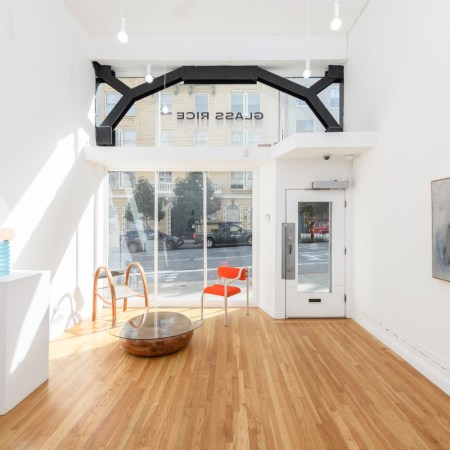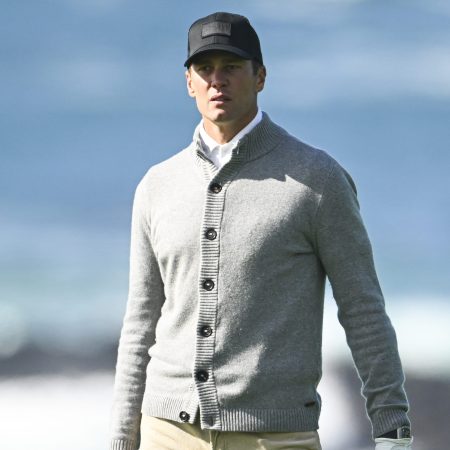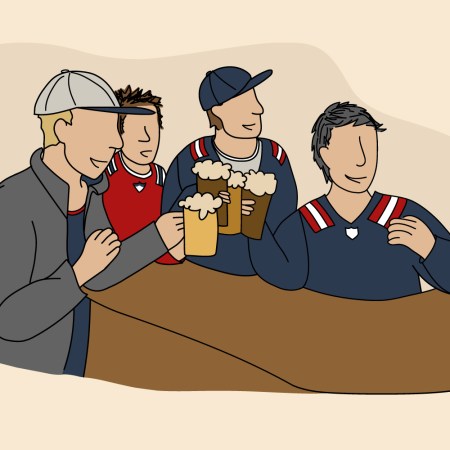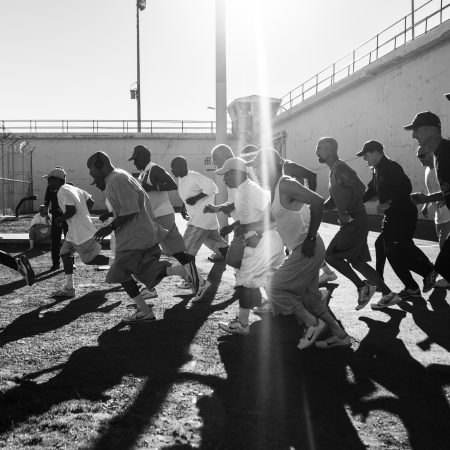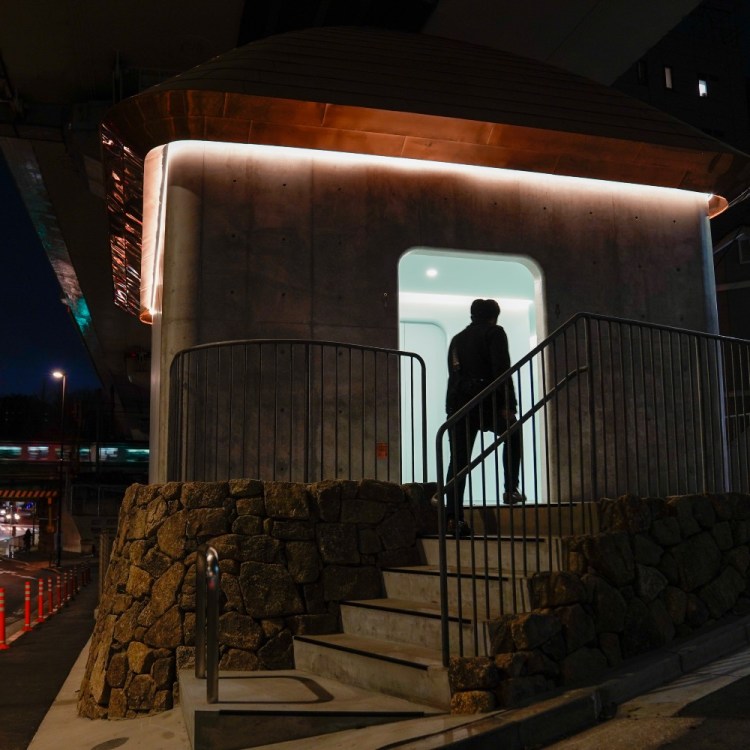After the United States imposed sanctions on Russian construction billionaires Arkady and Boris Rotenberg back in March 2014, the pair illegally dropped over $18 million on art in the U.S., according to a United States Senate investigation released Wednesday.
Upwards of $14 million came from just 11 works of art, including pieces by Marc Chagall, René Magritte and Georges Braque purchased only two months after the sanctions were imposed, the Wall Street Journal reported. The first 10 pieces came from a New York Sotheby’s sale, while another was purchased through a private US dealer. It’s illegal for businesses in the US to sell to individuals under sanction, meaning those involved in the exchanges with the Rotenbergs could face charges and penalties including fines and/or imprisonment. However, art dealers are not required by law to know the identity of the purchaser, and these transactions were completed via an intermediary, as is typical of purchases of this caliber.
According to the report, the Rotenberg brothers spent or moved a total $91 million since the sanctions were imposed, including $18.4 million in illegal art dealings. The brothers, who are said to be linked to Vladimir Putin, reportedly hired Moscow-based art advisor Gregory Baltser to purchase the artworks via his private firm BALTZER. The pieces were purchased with money traced back to shell companies linked to the brothers.
The Senate’s 150-page report declares the US art market “the largest, legal unregulated industry in the United States.”
In a statement, Senator Tom Carper of Delaware, who led the report along with Senator Rob Portman of Ohio, said:
It is alarming and completely unacceptable that common sense regulations designed to prevent money laundering and the financing of terrorism do not apply if someone is purchasing a multi-million dollar piece of art. [. . .] As a result, criminals, terrorists and wealthy Russian oligarchs like the Rotenbergs are able to use an unregulated art industry, as well as real estate and other investments, to hide assets, launder funds, and evade sanctions. Unfortunately, our failure to close these obvious loopholes make U.S. sanctions—an important national security tool—far less effective than they could be.
Subscribe here for our free daily newsletter.
Thanks for reading InsideHook. Sign up for our daily newsletter and be in the know.
